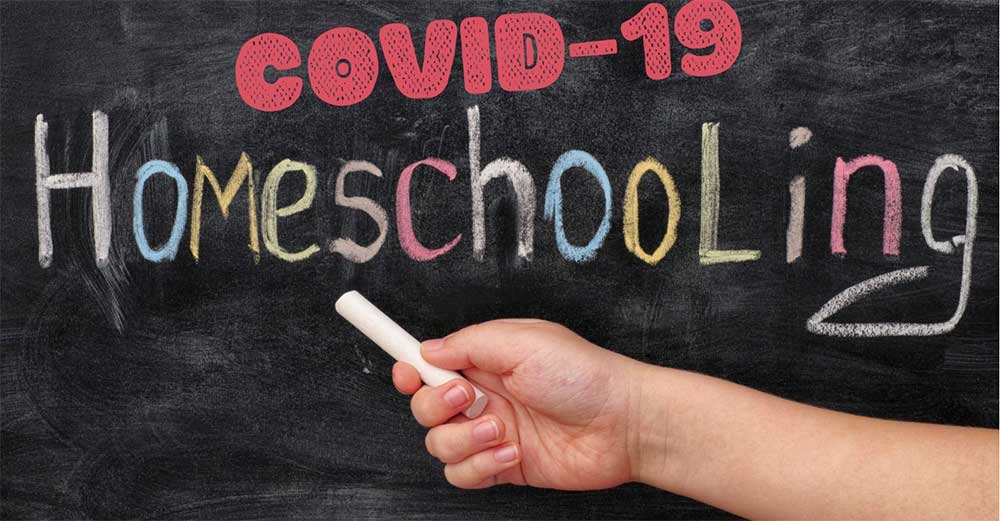|
This is a highly stressful time for many families, and we hope that using these tips alleviates some of the stress you may be experiencing as parents trying to set up the best at-home learning environment for your children!
15 Comments
The short answer is “Yes!” As we learned from our previous blog about musicians, we know that music aids memory, visual development, timing and organization. But now science is backing the theory that it improves academic performance.
Cuts in music and arts education programs inspired a group of neuroscientists to take on a large, long-term study of primary school students. The results of this study were published in the Neuroscience News in February 2018 and is the first of its kind. It’s been said that how we see ourselves affects how we see the world. The opposite is also true. How we see our world may affect how we see ourselves. That’s why the choice of colors on our living room walls or the color of our clothing plays a role in determining our moods or ability to process information. We intuitively know that calm minds make for better feeling and learning and science backs it up.
According to researchers in the field of color psychology, each color has a magnetic wavelength that enhances or inhibits learning. Lower wavelength colors are relaxing and higher wavelength colors are activating. So, what colors aid intellectual processing? According to researchers, it comes down to three: green, blue and orange. Bedtime takes forever and then your child is up every morning at 2 a.m. unable to sleep. Many of our parents have kids with sleep issues. Fortunately, by understanding the relationship between sensory processing and sleep, parents can work toward creating an environment that allows for a great night’s sleep.
Sleep is integral for restoring our brain cells, nourishing our bodies, supporting brain health, and regulating sleep patterns. Poor sleep equals poor mental and physical development. According to Dr. Jamie Chaves, OTD, OTR/L, SWC of the Center for Connection (http://www.thecenterforconnection.org/jamie-chaves-bio/) the following list can indicate whether or not your child is getting enough sleep: Everyone knows about the difficulties that face dyslexic students. There’s the long homework nights, the backwards spelling, and the slow reading and processing. But for all the seeming trouble, scientific evidence has proven that people with dyslexia are gifted and more intelligent than those without learning challenges. According to a 2017 article in Education magazine, these gifts of dyslexia are often overlooked by the medical community.
In our ongoing series about famous dyslexic people, we will now celebrate a few musicians that have contributed to our nation’s amazing musical legacy. They have acknowledged their learning challenges and worked with their dyslexia to develop beautiful gifts.
In honor of President’s Day, we are celebrating 7 dyslexic presidents. Each one overcame learning challenges by courageously facing struggles to become world leaders.
|
Tutoring |
JOIN OUR MAILING LIST
|
Contact Us |
Integrative Learning is not Lindamood-Bell Learning Processes. Integrative Learning is not affiliated with, certified, endorsed, licensed, monitored or sponsored by Lindamood-Bell, Nanci Bell, Phyllis Lindamood or Patricia Lindamood. Lindamood-Bell – an international organization creating and implementing unique instructional methods and programs for quality intervention to advance language and literacy skills – in no way endorses or monitors the services provided by Integrative Learning
Copyright © 2024 Integrative Learning
Website by McCullough Web Services
Website by McCullough Web Services









